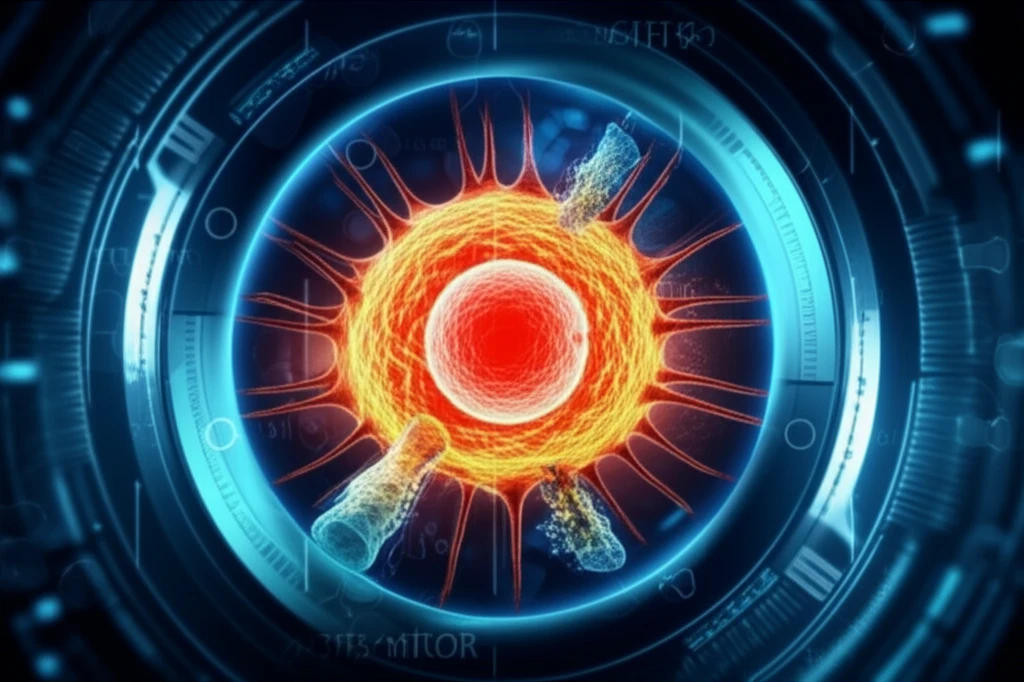
Unlocking Your Body's Defenses: How a Tiny Protein Could Revolutionize Immune Health
"Researchers uncover a promising new approach to boosting the immune system, offering hope for better health."
In a world where staying healthy is more crucial than ever, the quest for ways to bolster our immune systems continues. Now, cutting-edge research has revealed a fascinating new avenue for boosting your body's natural defenses, using a special protein called SEC2 mutant. This is exciting news as it could open doors to new ways to fight off illnesses and maintain overall well-being.
This article delves into the science behind this protein, its impact on immune cells, and the potential implications for future treatments. By understanding how SEC2 works, we can get a glimpse into a healthier tomorrow, where our bodies are better equipped to protect us from harm.
This research, conducted by a team of scientists, represents a significant step forward in our understanding of the immune system. It offers a fresh perspective on how we can enhance our health and resilience through targeted interventions.
What is the SEC2 Mutant, and Why is it Important?

SEC2 mutant, a protein found in a specific type of bacteria, has been found to play a crucial role in activating T lymphocytes, which are key players in our immune response. These cells are responsible for identifying and eliminating threats to the body, such as viruses and bacteria. Researchers have found that the SEC2 mutant can drive T lymphocyte activation, which is a major step towards a more robust immune system.
- Enhanced Immune Response: Activates T lymphocytes for a stronger defense.
- Targeted Pathways: Influences crucial cell signaling pathways.
- Potential for Therapies: Opens avenues for new treatments.
A Promising Future for Immune Health
The discovery of SEC2 mutant's potential to activate T lymphocytes represents a beacon of hope for those seeking to improve their immune health. As research continues, we can anticipate more insights into how we can harness the power of our immune systems to fight disease and live healthier lives. This is a promising step towards a future where we are better equipped to safeguard our well-being.
